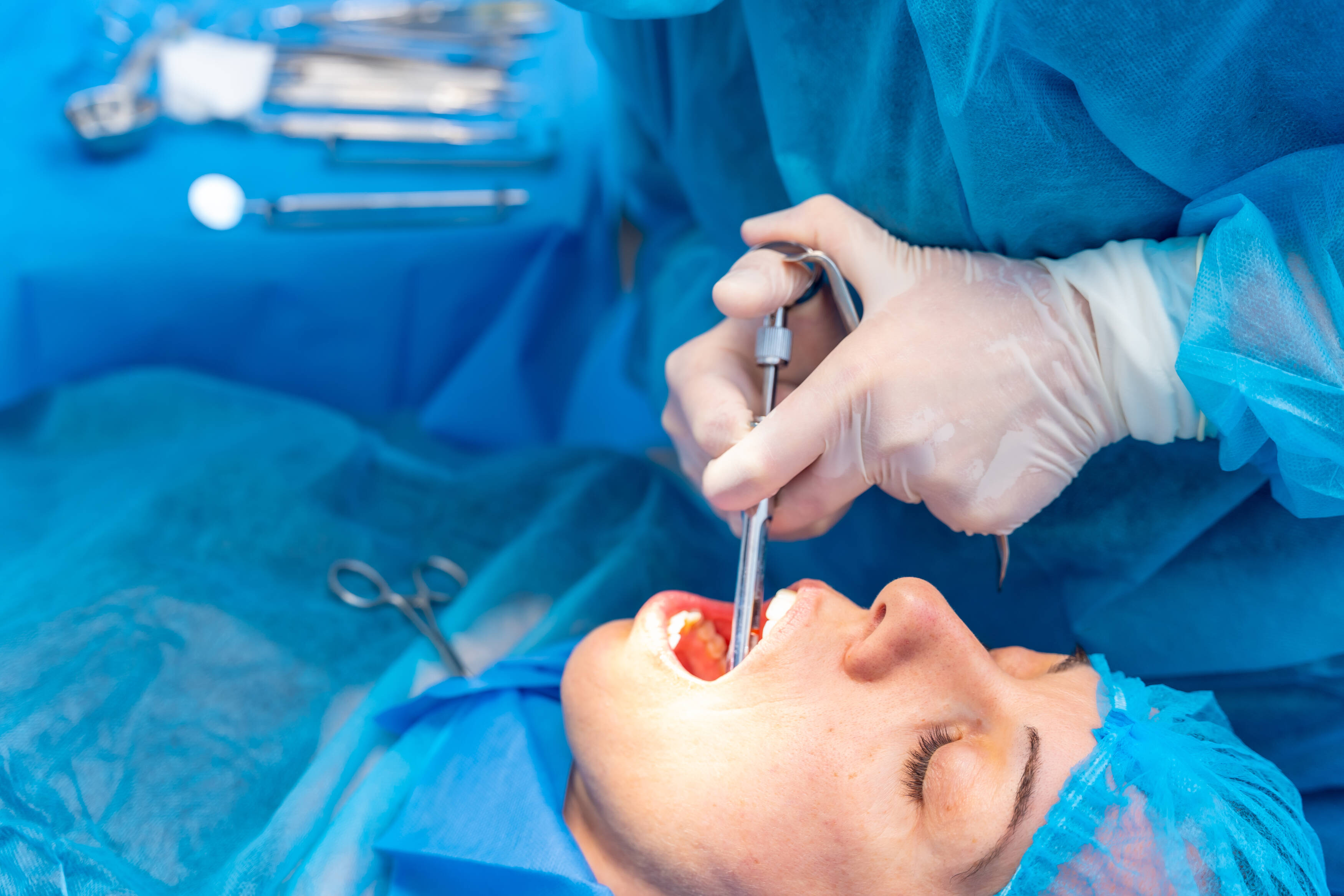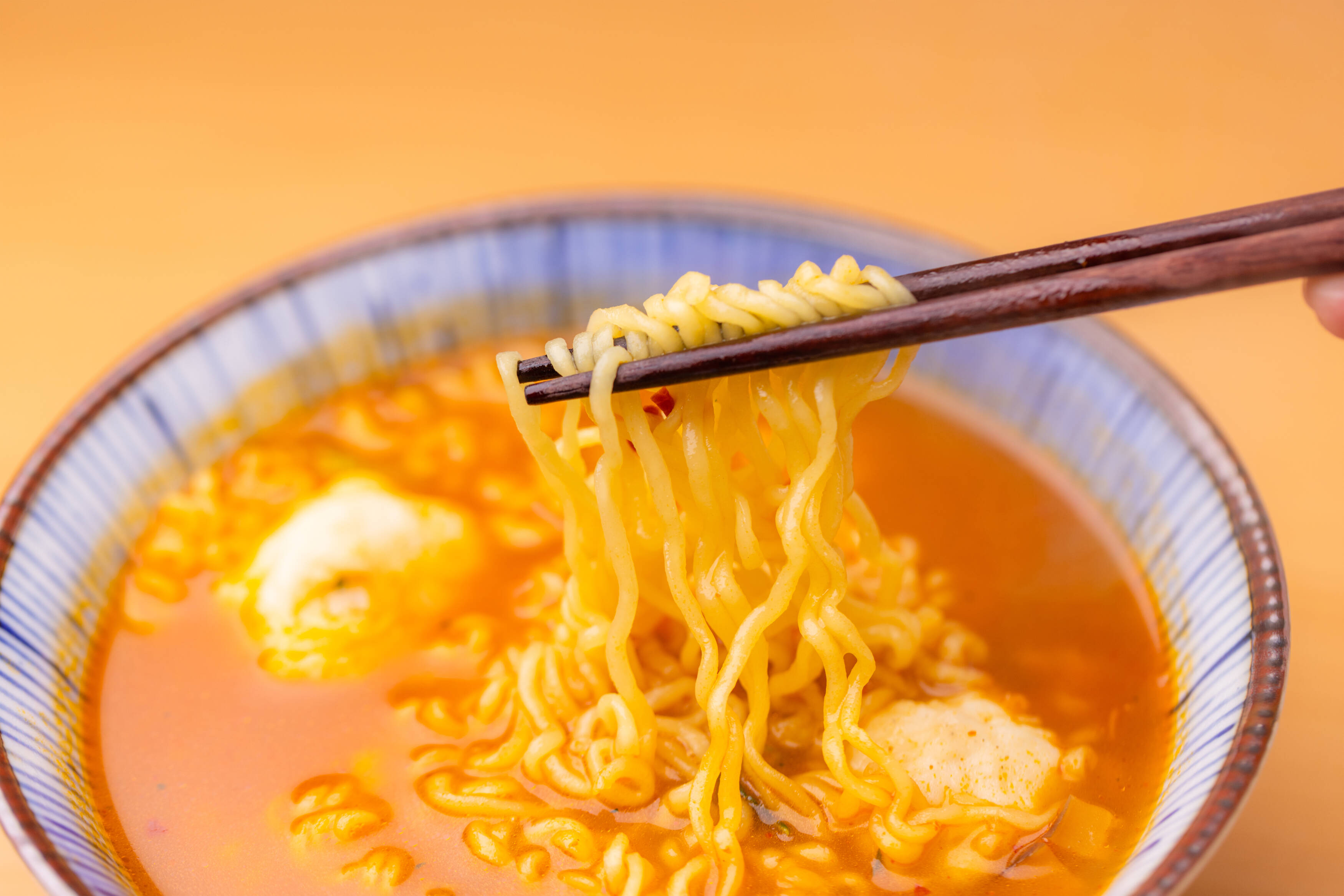
Can I Eat Bread After Tooth Extraction?
Many patients become obsessed about what they can and cannot eat after dental procedures like denture and wisdom teeth extraction. They often make comments that lead friends and family to believe that they will never be able to eat again. Questions like, “Can I eat bread after tooth extractions?” are common among dental patients preparing to have teeth removed. This is all normal.
Exhibiting irrational fear is typical of anyone who is prevented or prohibited from doing something – the very thought of not being able to do something makes them want to do it more.
Common Questions After Tooth Extraction
Modifications to your normal routine after having any type of medical or dental surgical procedure are a necessary part of the total recovery process to help care for the surgical wound and promote healing. Eating and drinking after an extraction for dentures or wisdom teeth removal is no exception.
Let’s review some of the things to avoid as well as things that you can do to help your recovery progress more smoothly.
Can I Eat Bread After Tooth Extraction?
While it may be possible to eat bread shortly after having teeth extracted, bread is not the first thing that you should plan to eat, because hard, crunchy bread can be difficult to chew under normal circumstances. You are setting yourself up for failure.
Soft bread is no better as it naturally sticks to the inside of the mouth, which can make it difficult to keep the surgical site clean, inhibiting the healing process. Eating bread should wait until your denture or wisdom tooth extraction site has undergone significant healing.
What Foods Can I Eat After Tooth Extraction?
Usually, it is necessary to modify your diet somewhat in order to receive proper nutrition without causing further trauma to sore mouth tissues after having teeth removed. Stick to lukewarm or cool, soft foods with the consistency of pudding or yogurt for the first 48 hours after the procedure. The soft food diet that babies have before they develop their teeth is appropriate.
Mashed bananas, applesauce, creamed or mashed potatoes, fruit smoothies, and spaghetti are some examples of foods that can be easily eaten with minimal chewing. There are plenty of soft foods to eat. Solid foods are to be avoided.
It is important to stay away from any foods that could easily become stuck in the extraction site or cause injury to your healing gums. This includes things like rice, pizza, and candies.
Can I Eat Ramen After Tooth Extraction?

While a bowl of ramen noodles may seem soothing after having teeth removed, for the first 72 hours, it is critical to be mindful of the temperature and texture of the foods that you consume. Wait a few days before eating any acidic, salty, or spicy food. This includes ramen noodles.
If you decide to eat ramen noodles, make sure that they are not overly hot and avoid slurping, as this can create a suction that may loosen the blood clot that protects your extraction site. You may also consider opting for softer noodles, such as udon or soba noodles in broth, in place of crunchier ramen noodles.
Adding Different Foods to Diet After Tooth Extraction
The first thing to be cognizant of after dental extractions is to wait until the numbness fully wears off before attempting to eat or drink anything. Numbness masks the sensation of pain, which can allow you to bite into your tongue or sensitive mouth tissues without ever realizing it.
This causes profuse bleeding and additional trauma, extending the time for your complete recovery.
Step One: Liquids
After the feeling has returned to your mouth, it is okay to begin consuming liquids once again. In the beginning, any liquid that you consume should be lukewarm or somewhat cool. Avoid drinking alcohol, hot beverages, frozen beverages, or drinking through a straw, which can disrupt blood clot formation and cause a painful dry socket, making it difficult to recover from your dental treatment.
Shakes that are fortified with nutritional supplements are beneficial for maintaining daily vitamin and mineral requirements after extractions. Protein powder can be a very helpful addition. In most cases, you can begin to drink hot or ice-cold beverages once again 72 hours after treatment.
Step Two: Soups
Many of the same rules that apply to beverages also apply to soups – the temperature should be somewhere between cool and lukewarm rather than hot, at least for the first 72 hours. This may be a good time to enjoy soups that are meant to be served cool, such as gazpacho or vichyssoise. Avoid spicy soups or stews with difficult-to-chew meat and vegetable pieces.
Step Three: Breads and Grains
Although they offer little nutritional value, white sandwich bread or rolls are easy to chew and are fine to eat later during the first week after having teeth removed. Bread that are dense, like whole wheat or bread that contains seeds or nuts, should be avoided completely for at least two weeks after extractions in order to prevent bleeding or damage to the delicate blood clot that protects your extraction site.
Step Four: Fruits, Vegetables, and Protein
Assuming you are recovering normally and not having any prolonged pain or other issues, you should begin to reintroduce foods that are a little more difficult to chew after the initial 72 hours post-extraction.
Baked fish, soft scrambled eggs, macaroni and cheese, baked sweet potatoes, and stewed meats are some examples of foods that can be easily mashed and eaten with minimal chewing.
Once you have mastered these, begin to add foods that are even more difficult to chew until you are back to your regular diet. You may eventually eat solid food after proper healing has occurred. Wait for the initial healing period to pass, at least a week after surgery.
Best Practices with European Denture Center
After any dental procedure, your improvement is highly dependent upon your body’s immune response and ability to recover from treatment. The caring dental professionals at European Denture Center understand your concerns and will work with you to alleviate fears, instructing you on the best practices for taking care of your post-operative wound, as well as the best ways to receive essential nutrition that helps to promote healing.
With over 20 years of experience helping patients like yourself, we won’t steer you wrong!


